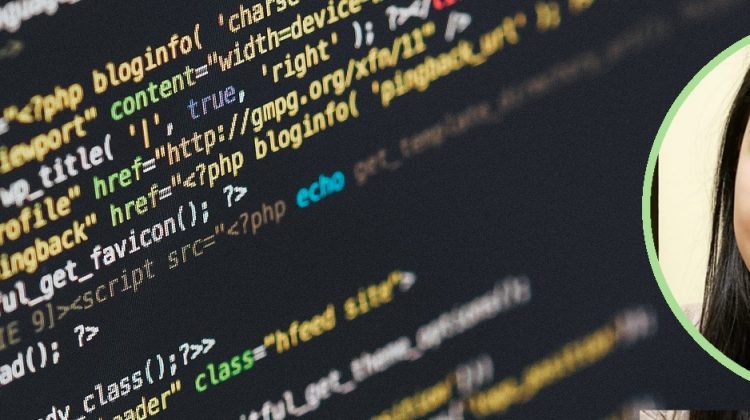Some reflections around the International Safer Internet Day.
Every second Tuesday of February, a group of organisations led by Insafe launch an open call to participate in the Safer Internet Day. This campaign is targeted at children, young people and parents, with a focus on protection strategies against cyberbullying and other forms of violence. It is, as well, an opportunity to raise awareness about the need for a safer Internet and to discuss respectful, critical and creative uses of technology.
Security on the Internet is often defined as «the precautions taken to protect the elements that are part of the network, such as infrastructure and information». Several concepts often appear when talking about security threats: cybercriminals, data theft, protection of critical resources, cyber attacks, ransomware, or unauthorized access. However, is this notion of security comprehensive enough to make everybody feel safe while connected? We hardly think so.
There is a difference between being secure and feeling safe; the former refers to objective, physical, external conditions, the latter refers to the emotional, internal aspects of security. The Internet is a complex and often hostile territory for many of those who inhabit it. Although it is easier to agree on common notions around the concept of security, the requirements for being safe online are often very personal and contextual. These may include, but not limited to, building environments free of violence, safeguarding anonymity and privacy, fair and transparent content moderation protocols, accessible and responsive reporting mechanisms, creating safe spaces online, and protecting free speech.
Digital Capitalism and mass surveillance
Digital Capitalism relies on massive amounts of data gathering and processing to create wealth — along with unclear or outdated regulatory regimes that allow new exploitation niches. And just when the model started showing signs of reaching its limits, it proved to be in perfect shape with the deployment of 5G networks and the Internet of Things. The Big Tech’s programme is on the table: in order to achieve development, data gathering will have to expand boundlessly.
This scenario has a tangible consequence: mass surveillance, a trend that yields the powerful thanks to their strategic use of the efficiency and security compelling narratives. Efficiency makes the world run, making the most out of the available resources in a path of endless growth and consumption. The demand for security appeals to primal emotions, as no one wants to live in fear. The massive processing of data, known as Big Data, holds the promise of overcoming the constraints that prevent the world from achieving its full development. The question is whether social conflicts can find solutions through algorithms that analyze and process the data. Who decides what is good or bad, acceptable or unacceptable, or what is an expected and desired behaviour and what is not? Crime prevention and face recognition software not only reproduce social biases but also have proved to be highly ineffective and perform poorly in large-scale biometric identification. They showed, as well, that under the name of security many people cannot feel safe anymore.
Privacy protection and anonymity
Privacy protection and anonymity are the few loopholes of freedom and safety for citizens, especially for Human rights defenders, women and LGTBQI+ identities, people exposing corruption or investigating organized crime, or anyone whose physical or emotional integrity may be at risk. As expected, anonymity gets bad press as an anonymous person who leaves no track online cannot be nor identified or commercially exploited.
Citizen pressure has put this concern on the public agenda. Stakeholders have responded by creating privacy protection mechanisms such as the United Nations Special Rapporteur on the Right to Privacy or oversight boards in social media companies. And while these measures had a good reception among civil society organizations, they are not enough as they do not pose a critic on the very foundations of the system or propose structural alternatives.
In the meanwhile, those defending anonymity and the right to privacy are being criminalized. The cases of Ola Bini in Ecuador and Joaquín Soraniello and Javier Smaldone in Argentina are signs of a manifest trend in the Region. All three were persecuted and prosecuted for being «tech-savvy» and publicly calling on governments and companies for their privacy practices. The attempts to ban encryption or targeting citizens exercising their right to protest, as in Ecuador or Chile, are also worrying. These measures stand against Human Rights standards which guarantee, in the Universal Declaration of Human Rights itself, the right to privacy and the inviolability of their communications (Art. 12).
Mass surveillance implications prove that the security narrative has nothing to do with citizens feeling safe. Local, national and global efforts should be addressed to protecting the privacy of citizens and ensuring a safe Internet for everybody. Technologically, this means demanding privacy by design: every user should control their data locally, in a truly decentralized infrastructure, with the freedom to access information and build diverse identities without fear of reprisal. Every community should have a say in building the digital territories they inhabit.






